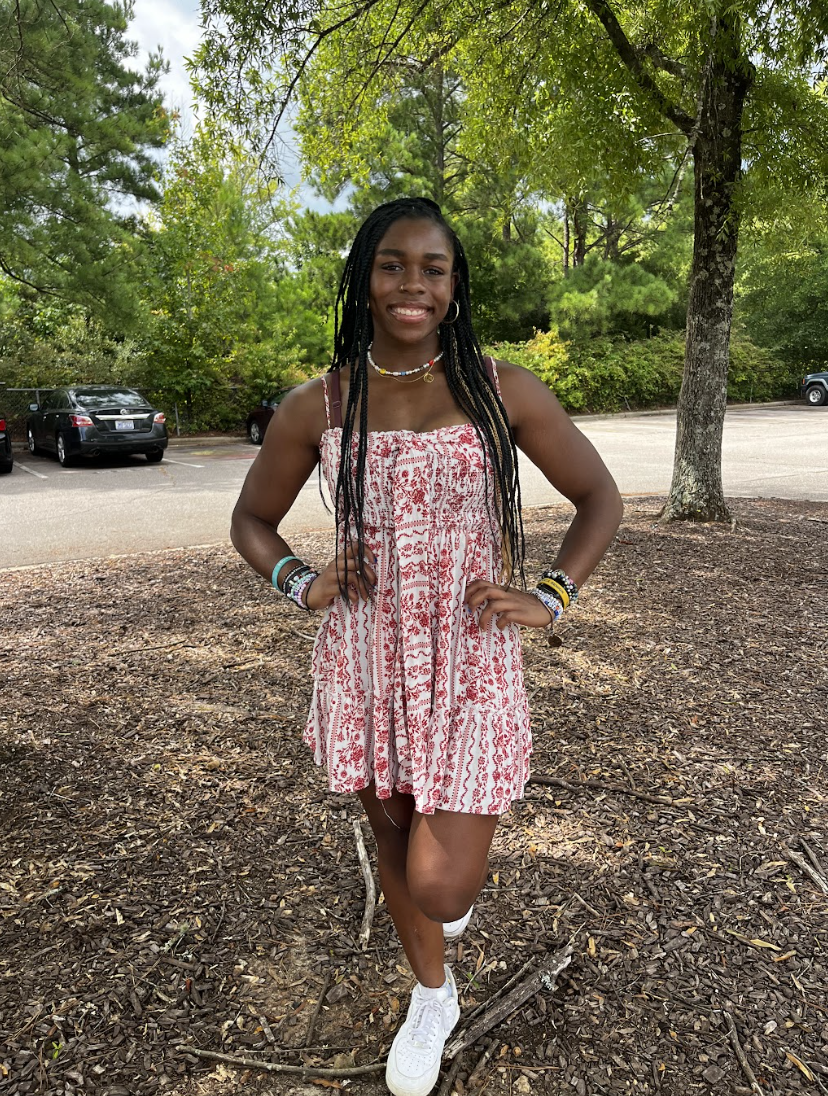
“10-Year-Olds at Sephora” is a phenomenon TikTokers have noticed. As the name implies, this idea is the increase of tween girls going to Sephora and buying products, most noticeably Drunk Elephant, and is usually accompanied by these girls being obnoxious in stores.
TikTokers have begun to analyze this phenomenon. This group being the beginning of the “iPad Kid” generation and not being properly socialized is a reason many believe contributes to this behavior. Another contribution to the 10-Year-Old at Sephora problem is the decline of children’s media and the rise of influencers.
Sub-title: iPad Kids and Poor Social Skills
The “iPad Kid” generation, or the oldest of Gen Alpha, is part of the generation raised by Millennials. Due to this group being the first to be raised with mass amounts of smart technology, many had unrestricted screen use—namely iPads. According to a study from JAMA Networks, reported by Medium, kids who spend more than 4 hours on screen were almost 5 times more likely to have stunted communication skills, and 2 times more likely to have stunted personal and social skills.
Additionally, this group went through the COVID-19 pandemic at an influential time in their lives as they were in first, second, and third grade. This time is important to their socialization as kids at this age are developing habits and figuring out how to communicate effectively for the first time.
Due to being at home, and oftentimes having more relaxed manners and behaviors with family, many of these tweens may not have had their behaviors policed, leading them to believe their rude and destructive behavior is okay.
Sub-title: Influencers and Children’s Media
While parenting largely influences children’s behavior so is the content they are watching. When Gen Z had Disney Channel stars to look up to, Gen Alpha is looking up to influencers, the same influencers that Gen Z and Millennials are watching.
Gen Alpha sees these Gen Z influencers getting fillers and Botox at record young ages and obsessed with anti-aging products. When videos promoting pre-maturely fighting anti-aging are the content Gen Alpha is constantly seeing, even though it is often subtle in the form of videos like Get Ready With Me’s, they are influenced to use these products and the beauty standards that are often pushed.
In the early 2000s and 2010s, Gen Z looked to Disney stars and Nickelodeon as their influencers. The outfits Zendaya, Miley Cyrus, or Victoria Justice wore on red carpets is what viewers saw as “cool” because that’s what their favorite people were wearing. This influence in tween fashion is seen the prevalence of stores like Justice or Limited Too, which were the epitome of this style.
Similarly, people look at their favorite celebrities and influencers on how to act. Disney Channel and Nick being made for kids had to create their characters, and to a certain extent actors, to be a balance of cool yet wholesome. The coolness of the characters and actors made kids want to look up to them, and the wholesomeness allowed them to be good role models.
It’s hard to have an influencer made for children. Kid-friendly influencers are often older and inauthentic, like Mr. Beast, or are young and age out of making this content, like Bratayley. Influencers oftentimes aren’t marketing themselves to kids.
So when filming their videos, there may be a level of sass, cursing, or engagement in other more adult behaviors. Since kids are looking up to them and want to be like them, they may try to mimic these behaviors, like in the products they use or the way they behave. The wave of young girls doing Get Ready With Me’s on TikTok trying to be like their favorite influencers is an example of this.
Due to the decline of children’s media, which was largely onset by the prevalence of social media, Gen Alpha is looking to influencers like Alix Earle to tell them which skincare and makeup products they should buy next or looking to Elliana Walmsley on how to act and be the “cool girl.” This is in the same way that Gen Z looked at the Sprouse twins and begged their parents to buy them Danimals or saw the way Megan Parker acted and tried to mimic her sass.
Gen Alpha is doing the same thing that Gen Z and likely every generation, this is just the first time it has been heavily documented online for others to contribute to the conversation.
